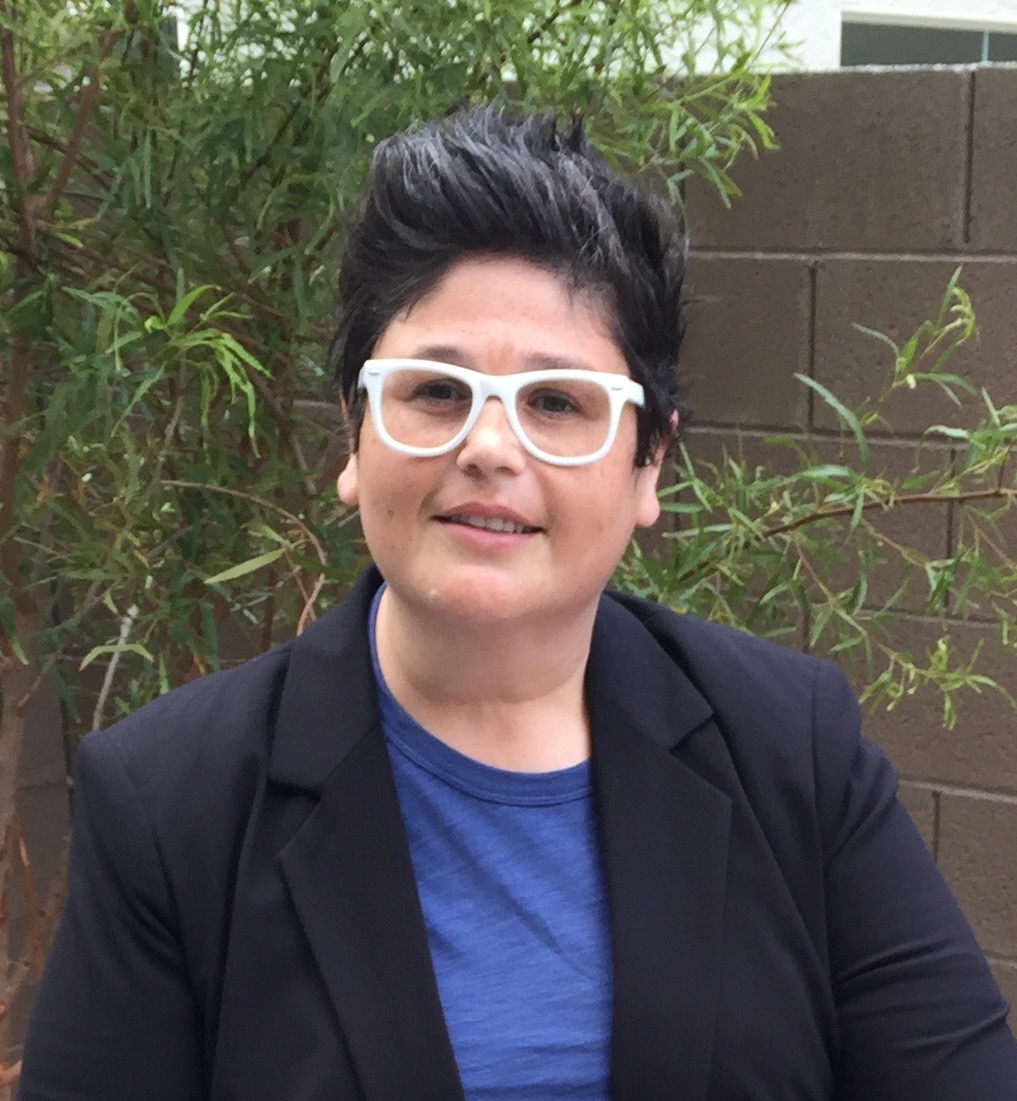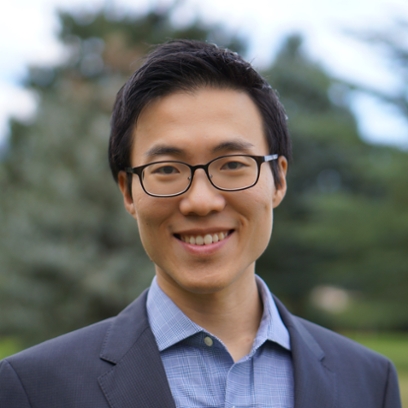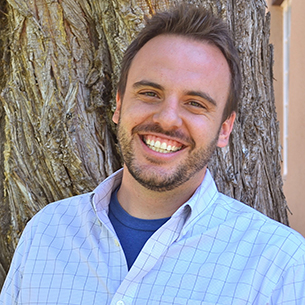Sociology of Health and Illness
Our Sociology of Health & Illness program for graduate students draws on our unique location in New Mexico to foster research that addresses the wide array of health care problems in the United States. New Mexico’s particular character presents distinct opportunities with regard to how we think about – and address – the relationship between health, illness, and social factors. A rural state, New Mexico struggles with poverty, health disparities among its different communities, and the difficulties that accompany providing care to disperse, often isolated, individuals, families and communities. New Mexico’s population is particularly diverse with its large Latino and Native American communities that have long traditions of indigenous, alternative healing practices. Additionally, Albuquerque, the urban center of this rural state, possesses many of the health challenges of a diverse and stratified city, ripe for study and interventionn.
While the uniqueness of New Mexico as a place is central to our program, we are also unique in our expertise in the study of scientific medicine as an object of sociological inquiry. We are committed to questioning our culture’s basic assumptions around health and illness, interrogating everything from definitions of disease to social scientific measures we used to identify health problems. Our program prepares students to cultivate a critical orientation toward medical knowledge, medical practice, and medical professionals through an engagement with the social constructionist perspective. Indeed, the particular history and culture of New Mexico has long challenged scientific medicine by exposing its limitations and offering alternative ways of thinking about health and illness; we invite our students to continue this tradition.
We encourage our graduate students to make use of the unique laboratory that UNM provides to explore the social context of physical and mental health by investigating health-related topics, such as rural medicine, the social determinants of health, racial and ethnic health disparities (especially as they relate to Latino and Native American communities), and the social construction of disease.
Program Details
Our mission is to educate graduate students to become critical and engaged scholars in the sociology of health and illness. Graduate students contribute to the advancement of sociological knowledge with an emphasis on the study of health broadly construed. Our graduate students have access to faculty who approach the sociology of health and illness from multiple perspectives – social determinants of health, social construction, deviance – and methodological approaches – quantitative analyses, qualitative methods, historical methods, community-based participatory research, and mixed-methods. We are committed to working collaboratively with graduate students; there are numerous opportunities for students to get involved with faculty research. Students also participate in a monthly seminar in which we discuss ongoing research and developments in the field.
In addition to the broad training in methods and theory that graduate students receive in our department, we offer an assortment of courses that cover the breadth of the Sociology of Health & Illness field. These include:
- Sociology of Health & Illness
- Sociology of Medical Practice
- Badness and Sickness
- Community-Based Interventions that Address Social Determinants of Health
- Knowledge and Power
- Medical Sociology and Health Policy
- Race, Ethnicity and Medicine
- Sociology of Madness
For specific details regarding our Masters and Ph.D program, see our MA/PhD requirements.
Areas of Specialization
Sociology of the Mental Health
The skyrocketing rates of mental disorders in the U.S. have created a need for a critical sociological approach to studying mental health. Too often mental health is approached as a problem of the brain. We recognize that mental health is socially patterned, and must be situated within a broader social context and the analysis of social relations. The sociology of mental health is a rich area of research at UNM, where faculty research addresses topics such as the mental health professions, mental health in Native American and refugees communities, and the social construction of mental disorders.
Health and Deviance
Unique among medical sociology programs, we offer our graduate students the opportunity to explore the intersection between health and crime. Starting with the basic premise that crime and violence are inherently unhealthy, this area bridges the gap between criminology and medical sociology through close coordination with our criminology faculty. A focus of this area is the manner in which crime and violence serve as macro-stressors for communities that experience them. Another research emphasis is how disease definitions (especially mental disorders) and conceptualizations of “normal” health are related to the social control of deviance.
Power and Medical Knowledge
Drawing insights from the sociology of science, this area explores the dynamics between power and medical knowledge, primarily from a social constructionist perspective. It is committed to the notion that how we define and understand disease and illness is socially determined by the structure of medical research, medical professions, clinical practice, and popular media. Relevant faculty interests include the study of contested illnesses (i.e. fibromyalgia), medical expertise, the sociology of medical professions, the social construction of illness, and the increasing medicalization of social problems.





